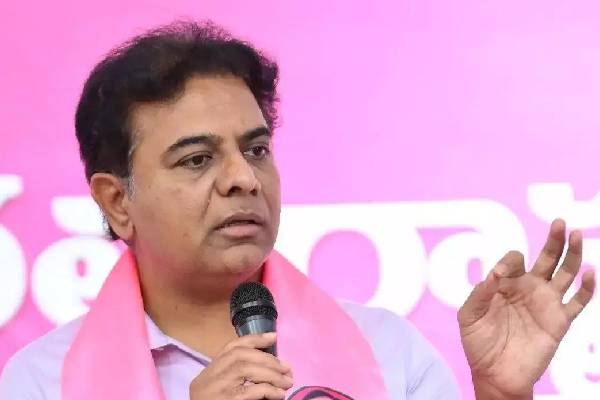While all the industries across celebrate the announcement of GST, the entertainment industry is still uncertain of its prospects. A report from Deloitte pointed out that currently, there is a dual taxation impact on media sector and the GST should overcome it. According to the report titled, ‘Media and Entertainment industry- India tax landscape’, India is globally fifth largest media and entertainment market and is expected to touch USD 100 billion by 2025. The report also revealed that it also has to address challenges like improving the effective tax rate, managing tax risks, cascading effects etc.
With GST cleared in Rajyasabha, the entertainment industry particularly, multiplexes have a reason to cheer. The combined current rate of service tax and entertainment tax of almost 25-27% may come down to 18-20% providing them an opportunity to earn profits. They can escape rates of different state markets. Thanks to this, their EBITA margins will see an increase along with the value of their shares. It is also a relief for the consumer as he will have to pay 18-20% as against the current 25% he is paying on all the broadcast services like films, cable, DTH and digital content. Film producers will also find it easy and simple when they can pay all the taxes at one go instead of paying service taxes at various levels. As GST would aim to bring uniformity, taxes could go down by 2-4%. With GST, all these players can even claim input credit for the services which will help in lowering the overall cost.
But, there are concerns raised as still there is ambiguity over the bill. Few months back, Film Federation of India (FFI), has put forth an argument that Introduction of GST would raise ticket prices as the burden would be on the consumer. They opine that the bill may affect the film industry especially regional cinema. They also explained that the entertainment tax is only 14 % for local films and 24% for other language films in Telangana and Andhra Pradesh. While some states like Karnataka, Maharashtra and Tamil Nadu exempt local language films from tax some other states like Assam, Himachal Pradesh and Jammu & Kashmir do not have tax on films. Some states exempt the tax on tickets priced below Rs 100. The issues related to entertainment taxes to different films in different states needs attention.
It is also mentioned that entertainment industry will have to pay additional local body tax like taxes to Municipalities in addition to the GST. The government has given them free hand to determine the rate that they want to impose. Experts of EY, in a media interaction have stated that the compliance and accounting for advertising revenue under GST could be the biggest challenge to overcome. In addition to this, Base erosion and profit shifting, income computation and disclosure standards are other areas of concern which need to be handled diligently. So, while we rejoice the good things GST brings in, it is also equally important to address the concerns which arise from it.


































